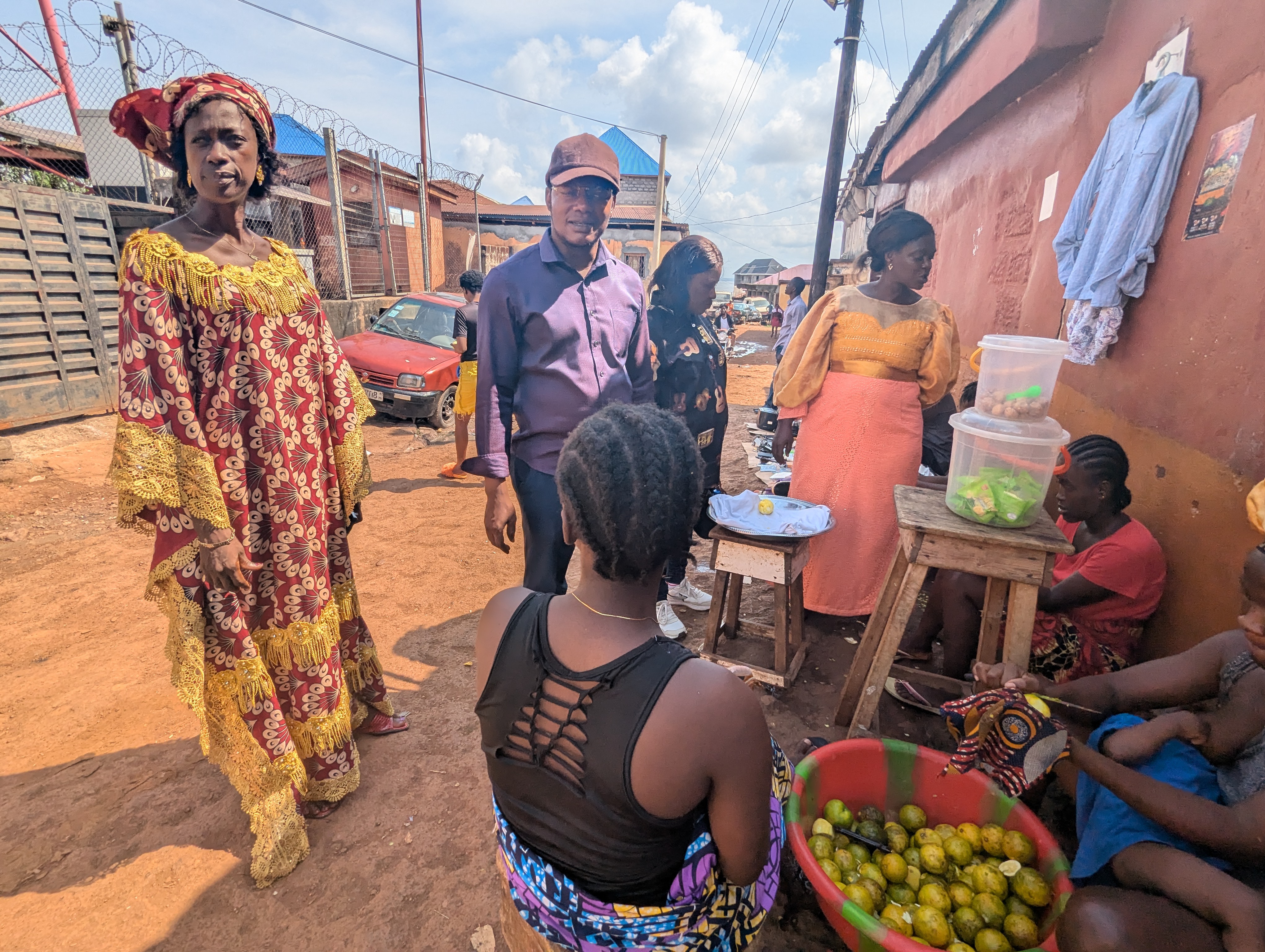The key findings on corruption derived from the most recent update to the Global State of Democracy (GSoD) Indices data are as follows.
Búsqueda
Region
Country
Type
“Government and civil society have a role to play to ensure that democratic reforms are well-implemented”, said U. Ganbold, Head of the Public Administration Department, Governor’s Office in Ulaanbaatar City at the Public Forum on Strengthening Public Service Accountability through Citizen Participation held on 6 December 2018 at the Khangarid Palace, Ulaanbaatar City.
International IDEA’s Annual Review of Constitution-Building Processes provides a retrospective account of constitutional transitions around the world, the issues that drive them, and their implications for national and international politics.
Democracy involves popular control over decision-making, and political equality among those exercising that control. In parliamentary democracies, day-to-day control is delegated to elected politicians, who organize themselves in political parties. Globally, political parties have become an important interface between government and the people.
This year, the ACE Electoral Knowledge Network celebrates 20 years as the world’s largest online source of electoral knowledge.
For democracies to function properly and meet the needs of citizens, they need to be adequately resourced. It is therefore unavoidable to talk about money when discussing the conduct of elections, running a government, drafting laws and running public services.
Much has passed since the start of the third wave of democracy in Latin America 40 years ago. The number of electoral democracies in the region has increased substantially and now, more people than ever choose their leaders democratically through free and fair elections and live in societies where freedom of speech and association are not only respected but also encouraged. In Central America, civil war has ended and conflict is now processed peacefully.
Mucho ha pasado desde el inicio de la tercera ola democrática en América Latina hace 40 años. El número de democracias electorales en la región se ha incrementado sustancialmente y ahora, mucha más gente que antes, elige a sus líderes a través de elecciones libres y justas y viven en sociedades donde las libertades de expresión y asociación no solo son respetadas sino promovidas. En Centroamérica, las guerras civiles han terminado y los conflictos son procesados pacíficamente.
On 3 and 4 December, the Electoral Tribunal of the Federal Judiciary Branch of Mexico (TEPJF, for its acronym in Spanish) hosted, in Mexico, the Second Plenary Session of the Global Network for Electoral Justice. This network gathers electoral and constitutional courts from around the world in an effort to address some of the key challenges facing electoral justice and democracy nowadays.
Since 2015, Myanmar has witnessed three elections - general elections in 2015 and by-elections in 2017 and 2018. Although the political will towards reform measures for better elections has increased dramatically since 2015, where people born after 1962 had a chance to experience genuine elections for the first time, for some areas within the democratic reform process, including campaign finance, there is still room for improvement.
Sandwiched between China and Russia, Mongolia’s democracy is in constant peril. The country’s political turmoil is not only prompted by the geopolitical forces outside of its borders, but also from creeping corruption from within.
Money is a necessary component of the democratic process, enabling the expression of political support as well as competition in elections. At the same time, if the funding of political parties and election campaigns are not effectively regulated, money could also undermine the integrity of processes and institutions of political participation and representation.
Voter turnout is one of the crucial indicators of how citizens participate in the governance of their country.
Higher voter turnout is in most cases a sign of the vitality of democracy, while lower turnout is usually associated with voter apathy and mistrust of the political process.
With parliamentary elections in Moldova less than three months away, debate on the funding of election campaigns is heating up. On 6 December 2018, International IDEA organized Moldova’s first roundtable dialogue on Third-Party Contributions in Political and Campaign Funding, together with the Center for Continuous Electoral Trainings (CICDE).
Malaysian and international election experts convened for a two-day Electoral Reform Roundtable on 30 November and 1 December 2018, in Kuala Lumpur, to discuss wide-ranging reform of the electoral system and options for ensuring fair and transparent electoral processes. Malaysia’s 14th General Election in May 2018 unexpectedly ended 61 years of rule by the Barisan Nasional since independence in 1957.
International IDEA and the Permanent Secretariat of the Community of Democracies (PSCD) signed a Memorandum of Understanding to strengthen their cooperation in promoting and supporting democracy. This agreement formalizes and strengthens the long-standing successful cooperation between the two organizations and provides the working framework for inter-institutional dialogue and further cooperation.
IDEA Internacional y la Cepal organizaron en Santiago de Chile, los días 26, 27 y 28 de noviembre, la Conferencia regional sobre el “Estado de la Democracia en América Latina”
International IDEA and ECLAC jointly organized the Regional Conference on the "State of Democracy in Latin America" in Santiago, Chile, on 26-28 November 2018.
Dr Surin Pitsuwan served as Chair of the International Board of Advisors until his unexpected passing on 30 November 2017. He was survived by his wife Alisa and three children. Surin Pitsuwan served as Secretary General of the ASEAN Secretariat (2008-2012) and as foreign minister of his home country Thailand from 1997 to 2001.
Goal 5 of the 2030 Agenda for Sustainable Development (SDG 5) aims to achieve gender equality and empowerment of all women. For several years, there has been a growing attention for the role of SDG 5 in enabling sustainable development, at various levels of policy and in regions worldwide. In the light of this trend. Brussels has become a hub for advocacy and initiatives in this field, often supported by European institutions or international organizations.
